Keywords: Humanitarian Aid
-
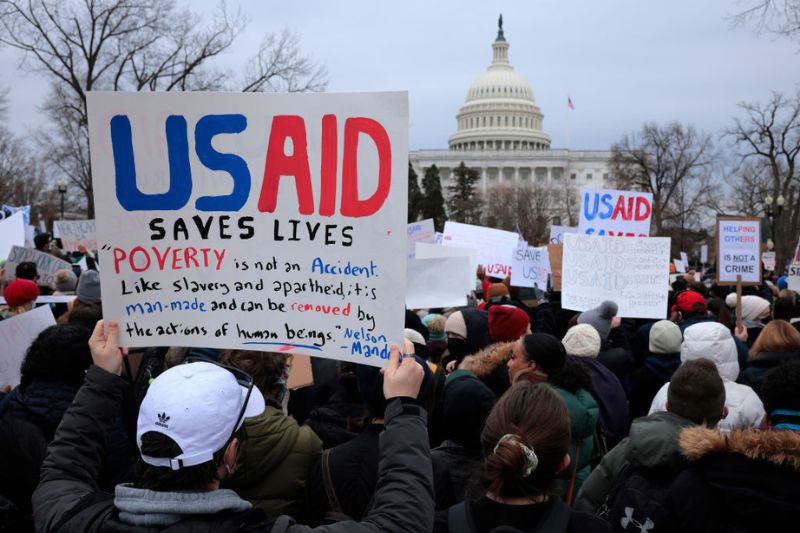
INTERNATIONAL
- Cameron Hill
- 26 February 2025
With cuts to USAID, international aid programs confront mounting challenges. Amid evolving power dynamics and strategic realignment, humanitarian assistance now faces fundamental questions about its future.
READ MORE
-
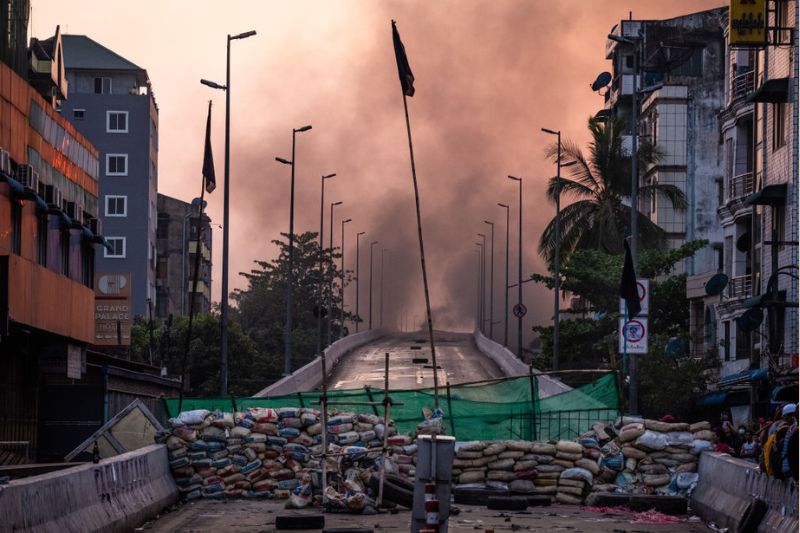
INTERNATIONAL
- Anonymous
- 20 February 2025
Myanmar’s military-led turmoil drives millions from their homes, bombs local communities, and keeps democracy icon Aung San Suu Kyi behind bars. Once a nation of proud heritage and abundant resources, it now teeters on social and economic collapse. Our deep dive examines an enduring crisis and the determination powering an urgent call for change.
READ MORE
-
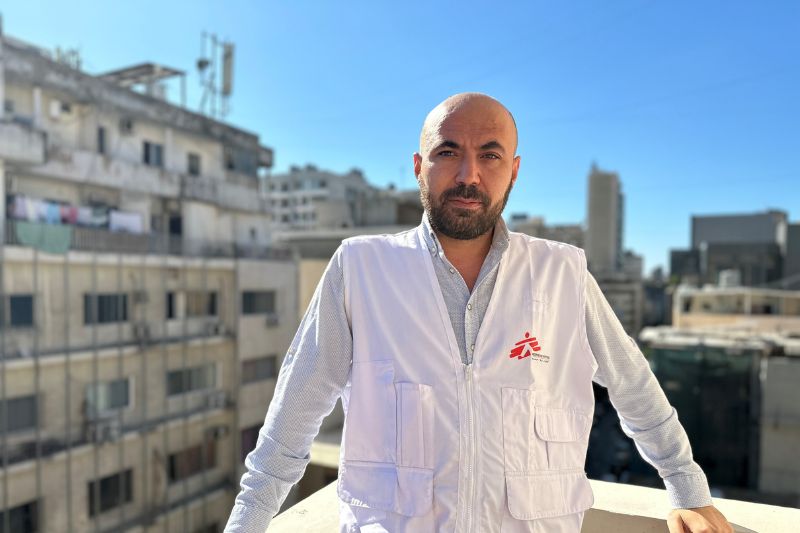
INTERNATIONAL
- Ali Almohammed
- 28 October 2024
1 Comment
In war-torn Beirut, where schools now shelter families fleeing destruction, a doctor finds echoes of his own past displacement. Amidst the pain, he witnesses resilience, but also a deep fatigue, as families yearn for peace and normalcy.
READ MORE
-
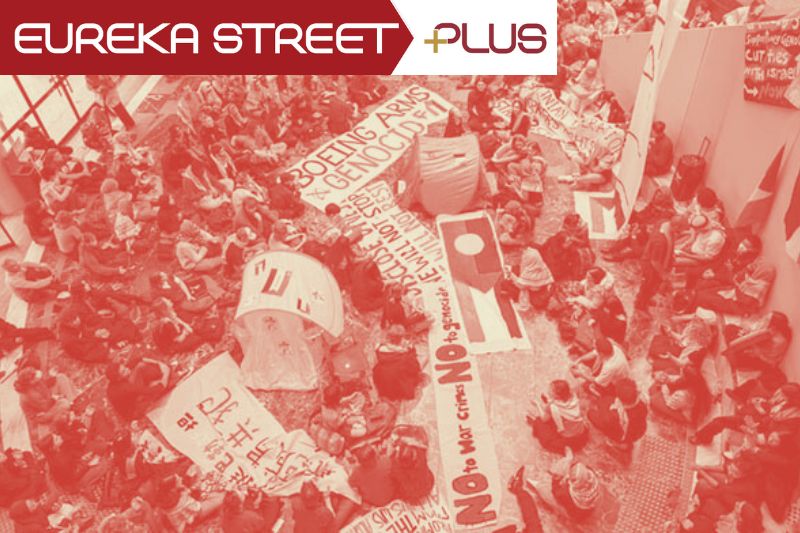
AUSTRALIA
In response to campus protests, universities erred on the side of free speech when every other day, the prevailing ethos is one of ‘safetyism’, namely suppressing speech or inquiry if an identity group frames it as ‘harmful’ to them. Universities should strive to be uncomfortable and ‘unsafe’ for all, with no identity immune from robust scrutiny.
READ MORE 
-
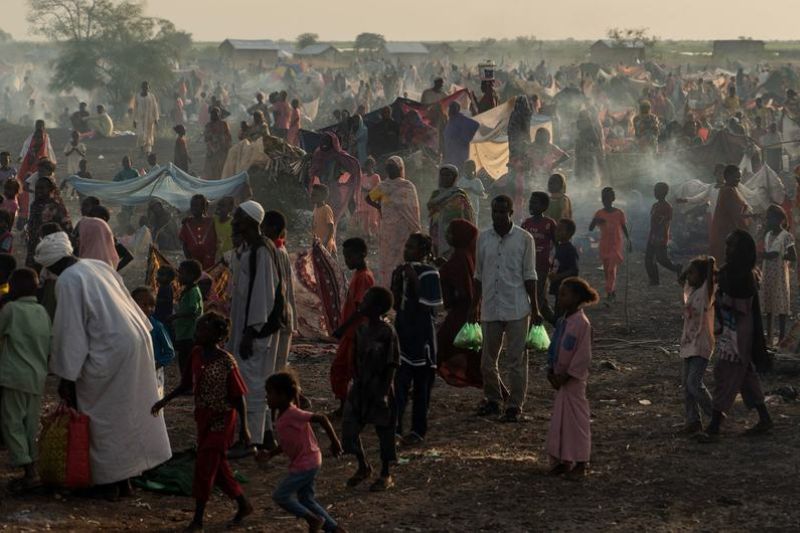
INTERNATIONAL
- Kirsty Robertson
- 30 April 2024
One year after civil war erupted, Sudan has become one of the world’s worst humanitarian tragedies with around 5 million people experiencing emergency levels of hunger. This puts Sudan on the brink of famine. Sudanese leaders claim this is the crisis the world has forgotten.
READ MORE
-
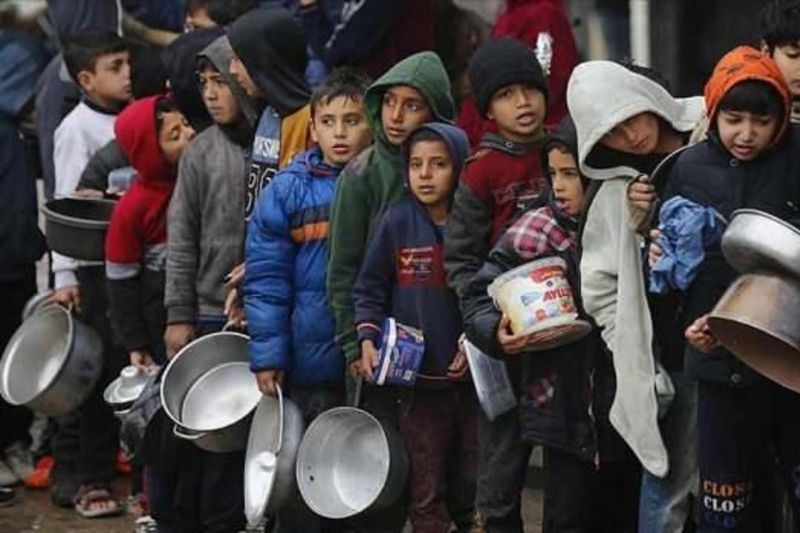
INTERNATIONAL
When a missile strike in Gaza killed seven aid workers, it sparked global outrage and demands for accountability and raised questions around the protection of those who risk everything to provide aid in zones of conflict.
READ MORE